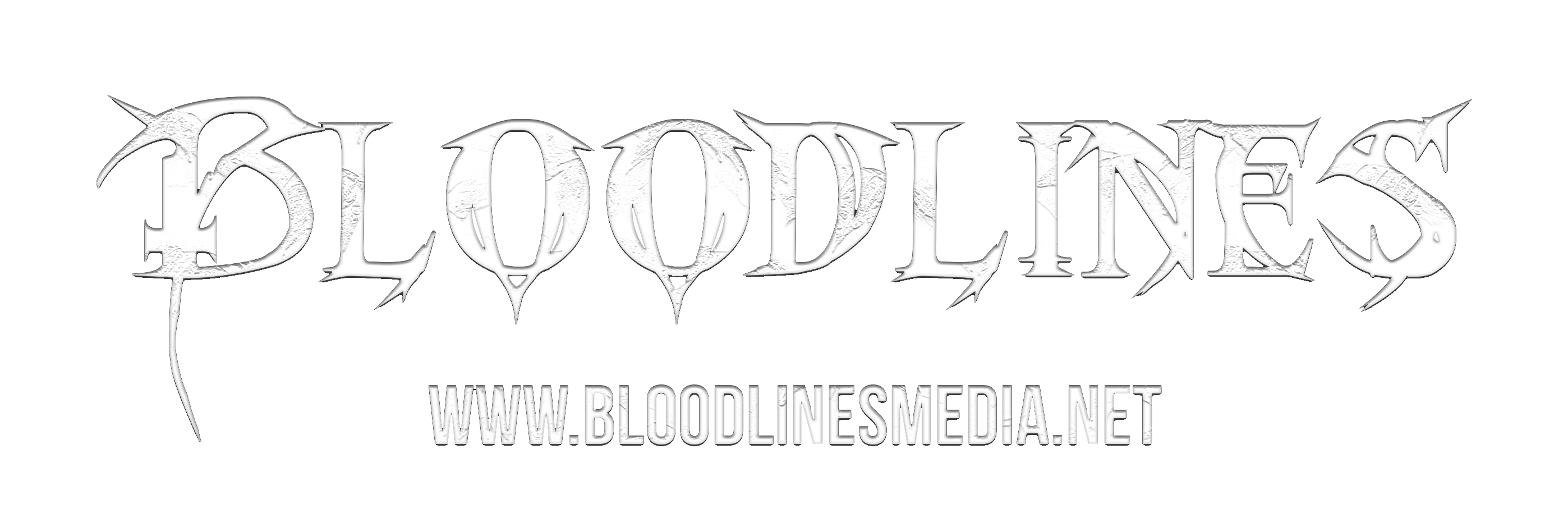COVID-19 Stimulus Bill Includes Making Illegal Streaming A Felony
COVID-19 Stimulus Bill Includes Making Illegal Streaming A Felony:
The ongoing battle to hold streaming sites accountable might finally be at its resolution to combat gaming streamers and podcasts, who incorporate music they’ve purchased to promote their small businesses, without the consent of record labels. Illegal streaming for commercial profit could become a felony with the passing of the COVID-19 Stimulus Bill. Sen. Thom Tillis’ (R-NC) proposal would increase the penalties for those who would attempt to stream unlicensed works. If passed, illegal streaming of works including movies and musical works could carry up to 10 years in prison. We can’t help to see a parallel with what’s happening in the WWE during the pandemic as well. The inclusion of illegal streaming in the stimulus bill is very vague, but could possibly mean this:
- Tighter copyright laws to benefit artists and labels
- Beginning of the controversial issue of regulating the internet
- Artists might not be able to stream their own music (Twitch, YouTube)
- Gaming streamers and gaming tournaments (Twitch, Discord, FB Gaming, ESPORTS, small businesses etc.) could be required to meet higher standards to use music or purchase licensing for streaming and promotion.
- Streaming outlets could be required to pay higher fees per song to be used on their platforms.
- Artists should now earn what they’re due in royalties.
- Spotify regulations
- Penalizing YouTube and Twitch content
Original article link below.
Providing relief via direct assistance and loans to struggling individuals and businesses hit hard by COVID-19 has been a priority for federal lawmakers this past month. But a gigantic spending bill has also become the opportunity to smuggle in some other line items including those of special interest to the entertainment community. Perhaps most surprising, according to the text of the bill being circulated, illegal streaming for commercial profit could become a felony.
It’s been less than two weeks since Sen. Thom Tillis (R-NC) released his proposal to increase the penalties for those who would dare stream unlicensed works. In doing so, the North Carolina senator flirted with danger. About a decade ago, Minnesota Sen. Amy Klobuchar made a similar proposal before it ended up dying as people worried about sending Justin Bieber to jail. (No, seriously.) This time, Tillis’ attempt was winning better reviews for more narrowly tailoring the provisions toward commercial operators rather than users. That said, it’s had very little time to circulate before evidently becoming part of the spending package. If passed, illegal streaming of works including movies and musical works could carry up to 10 years in jail.
That’s not the only copyright change either.
The spending bill also appears to adopt a long-discussed plan to create a small claims adjudication system within the U.S. Copyright Office.
Advocates have long sought to give copyright owners some recourse to infringement outside of going through the expensive federal court system, though the CASE Act has engendered some pushback from those weary of throwing certain disputes to unaccountable bureaucrats working for an agency suspected of favoring industry. Some critics believe the alternative dispute system to be unconstitutional, though by making the system opt-in and non-compulsory, it’s hoped that it’d survive any constitutional challenge and ultimately lead to swifter resolution over takedowns of copyright material posted online. The CASE ACT previously passed the House by a 410-6 vote before becoming blocked in the Senate by Ron Wyden (D-OR).
Among the other parts of the omnibus bill of interest to Hollywood is an extension of Section 181, a tax provision that allows for immediate deduction of television and film production costs up to $15 million. That incentive was scheduled to expire at the end of the year, but would now get an additional five years. (More analysis on that coming.)
Lawmakers will hold a vote later today on the package.
